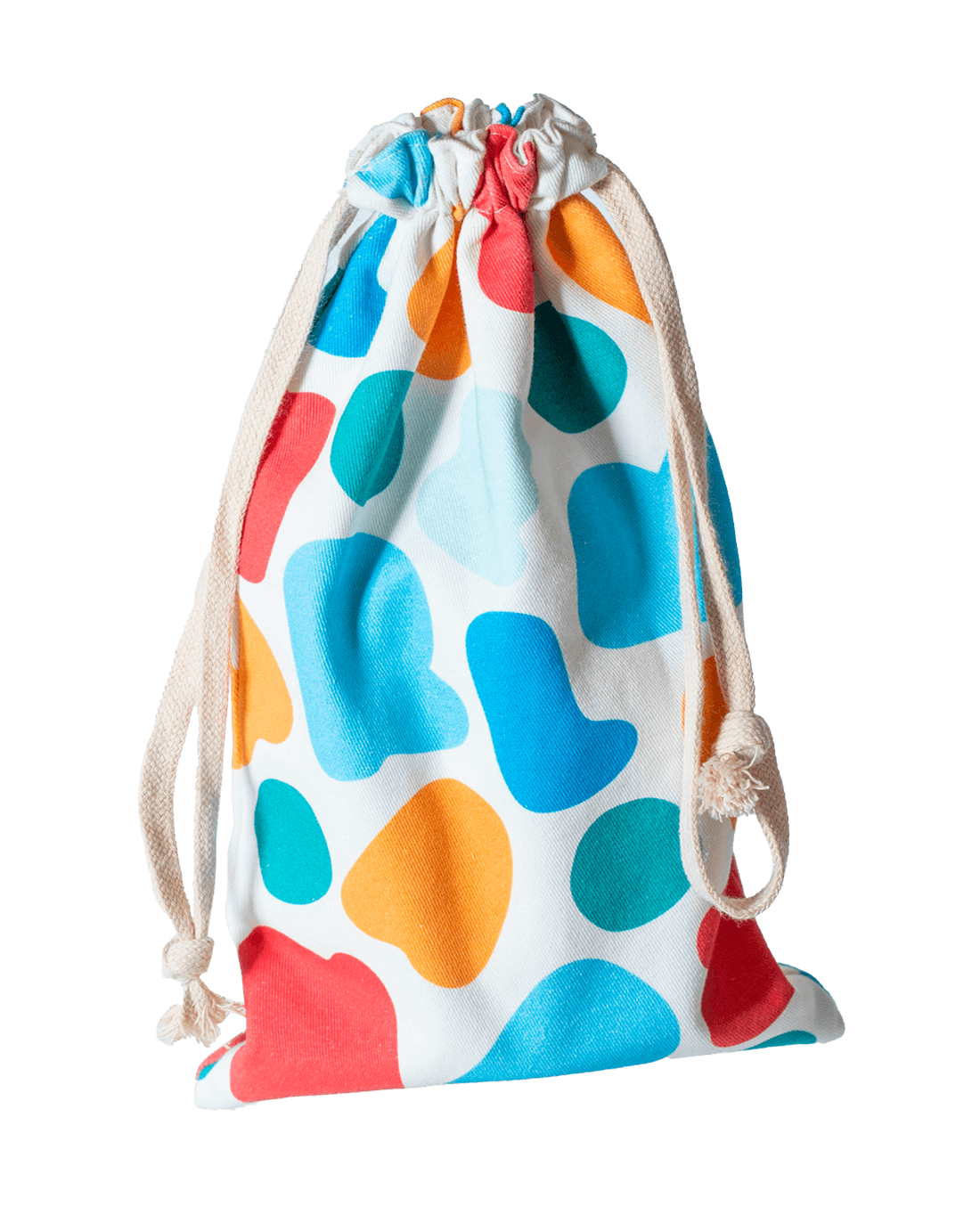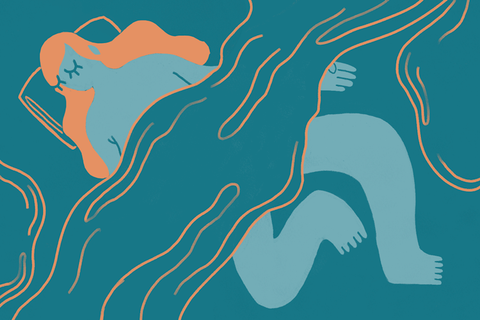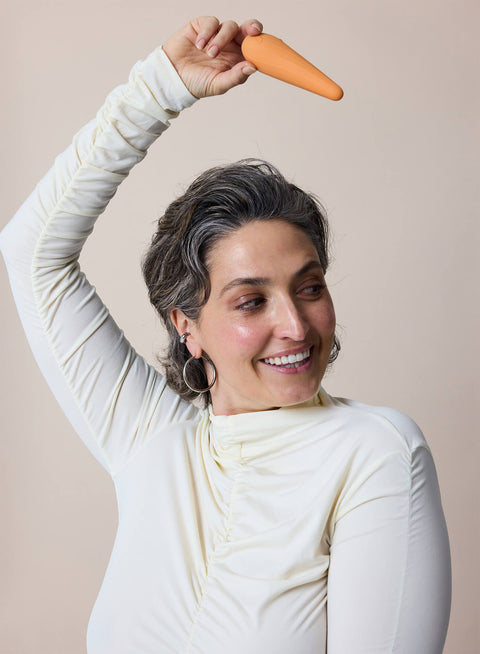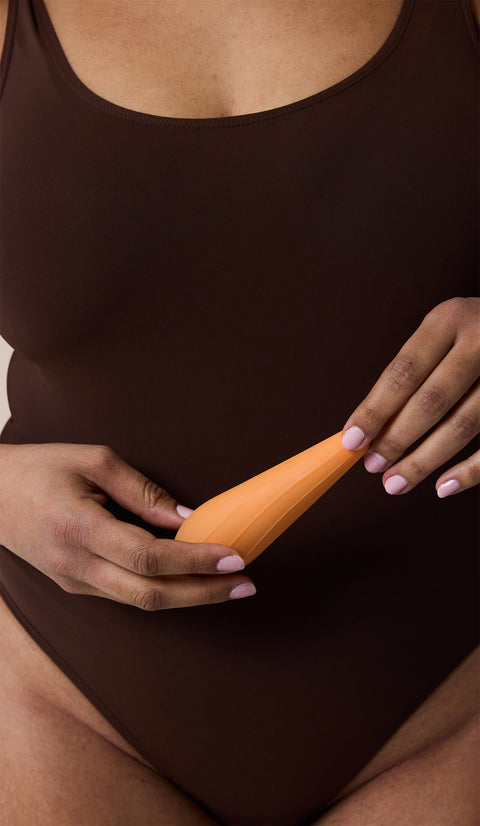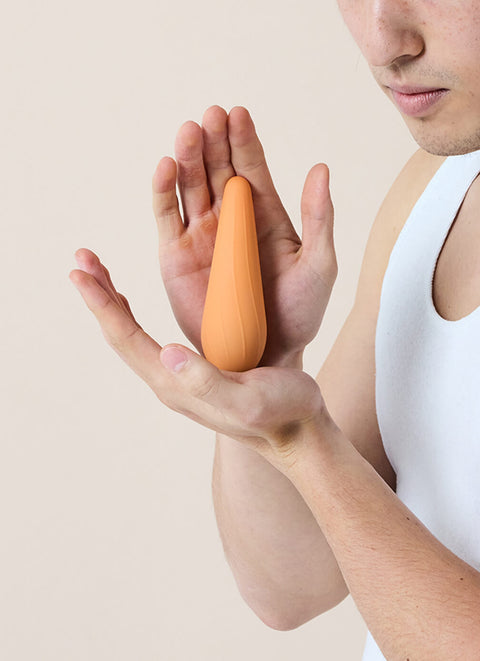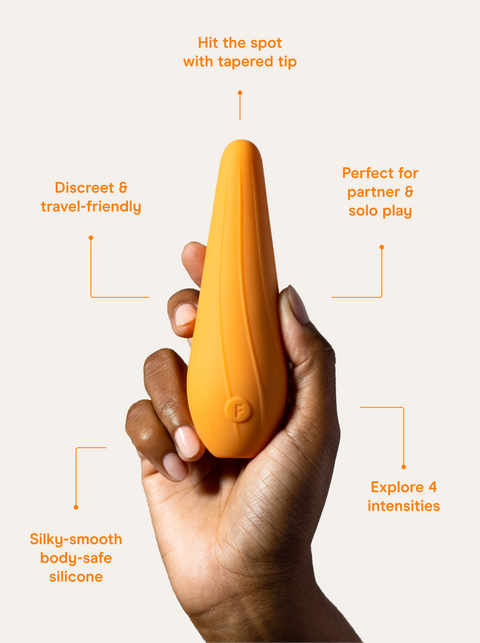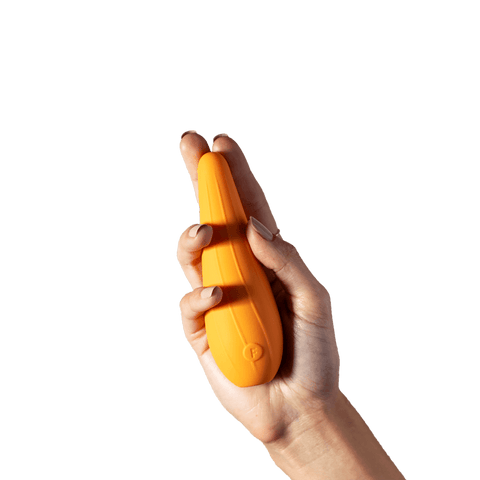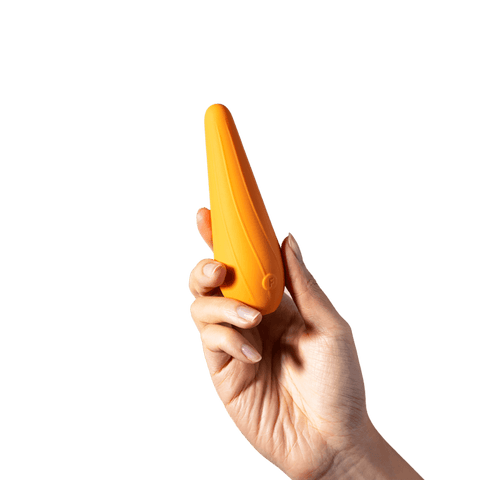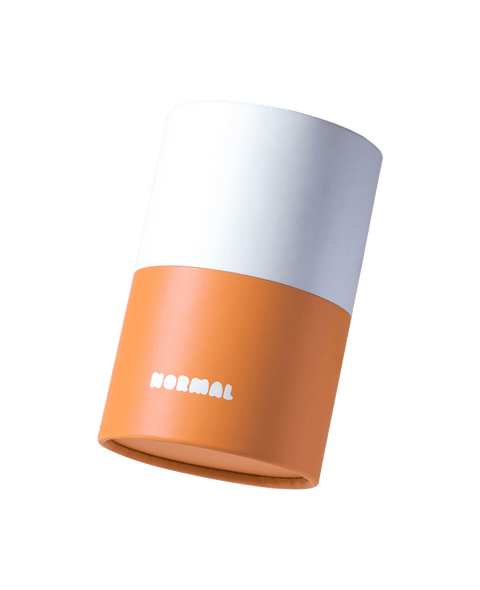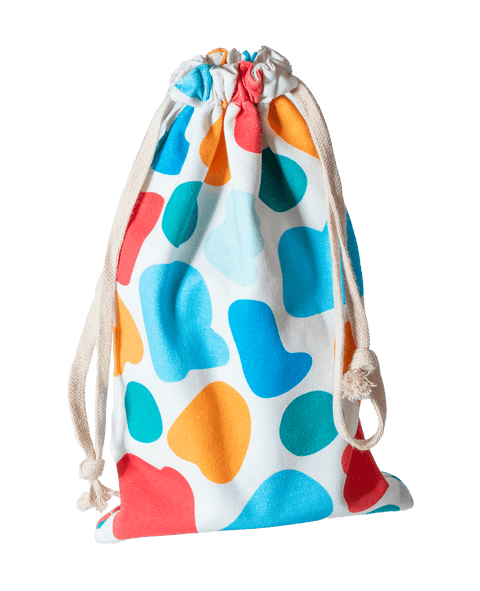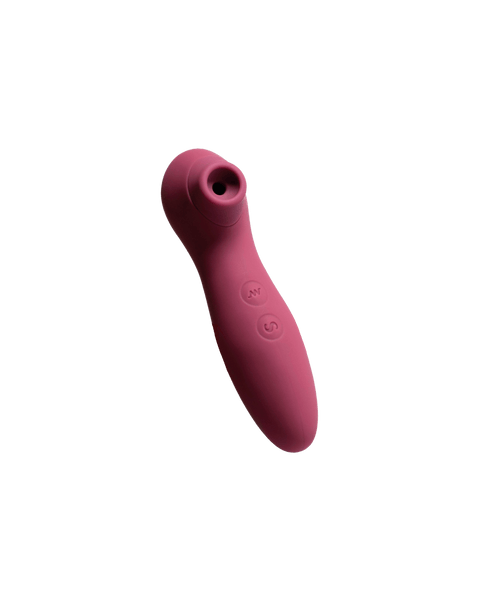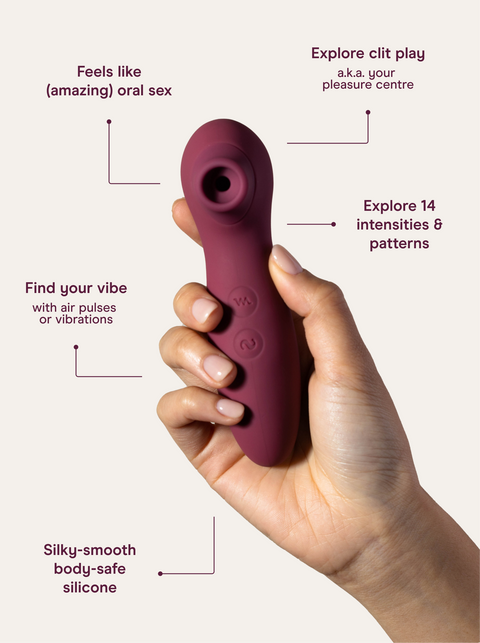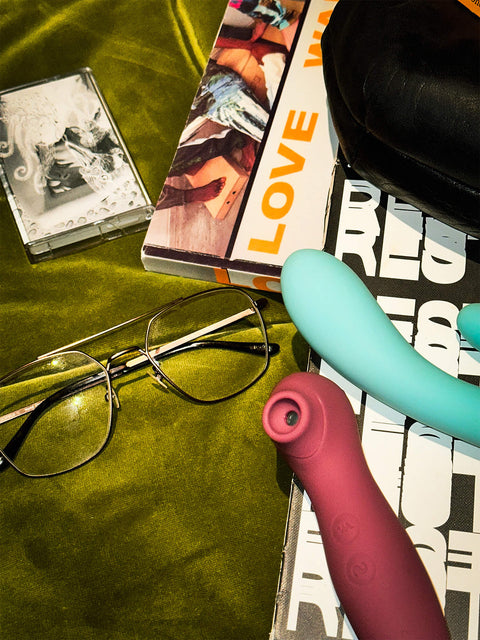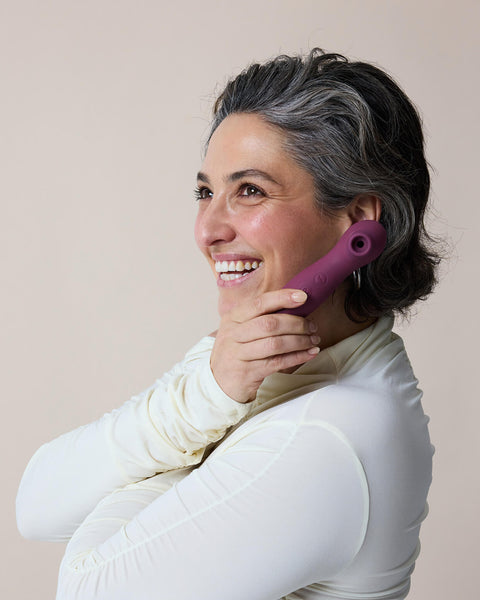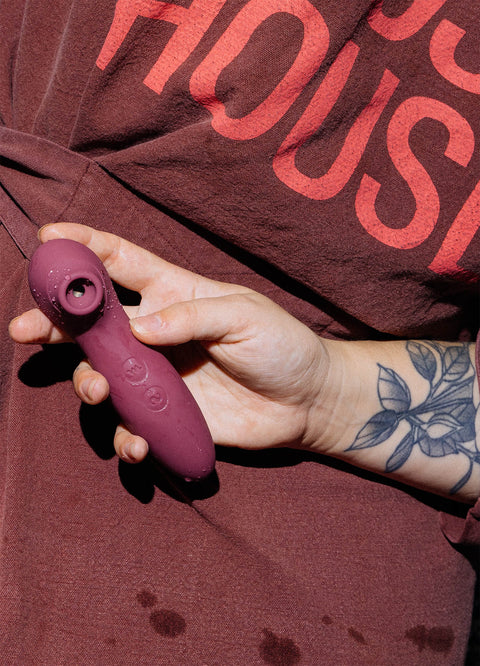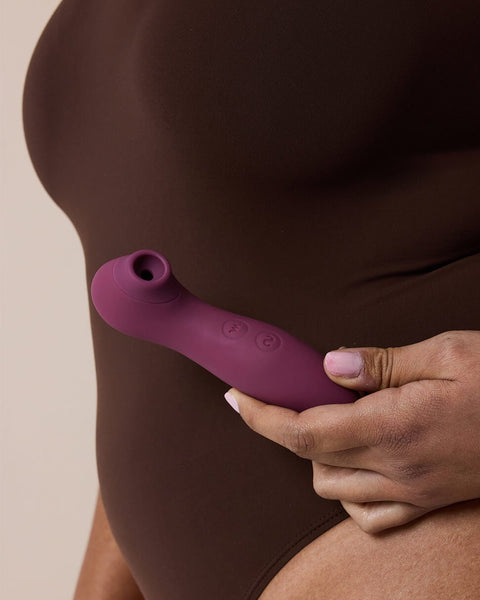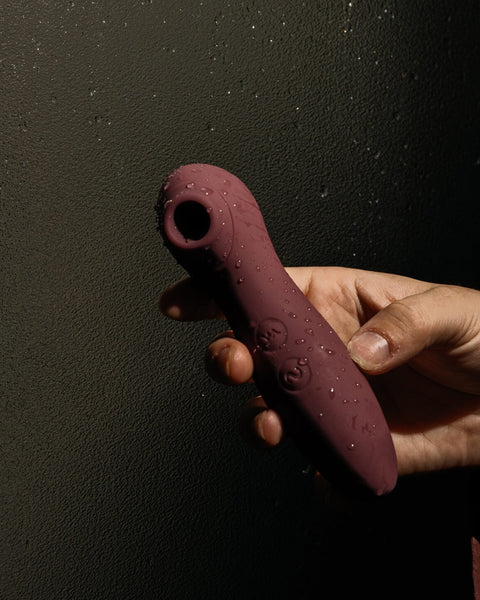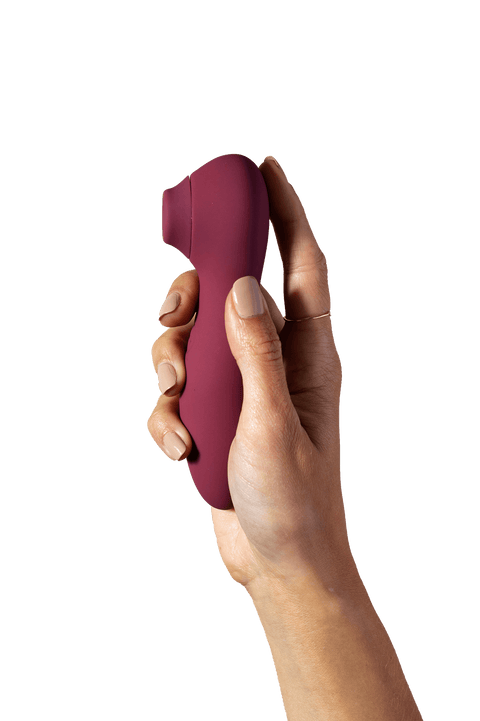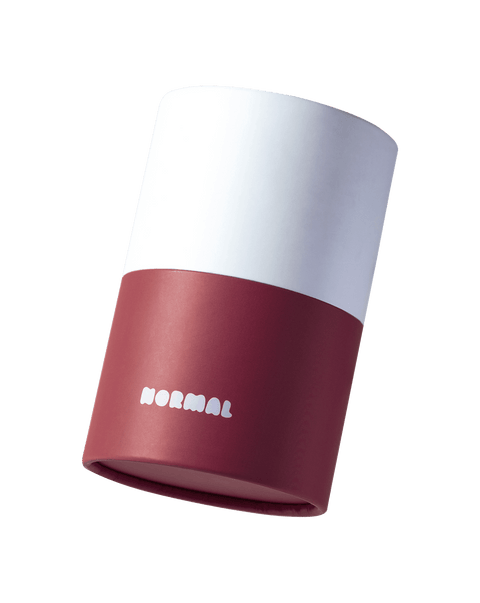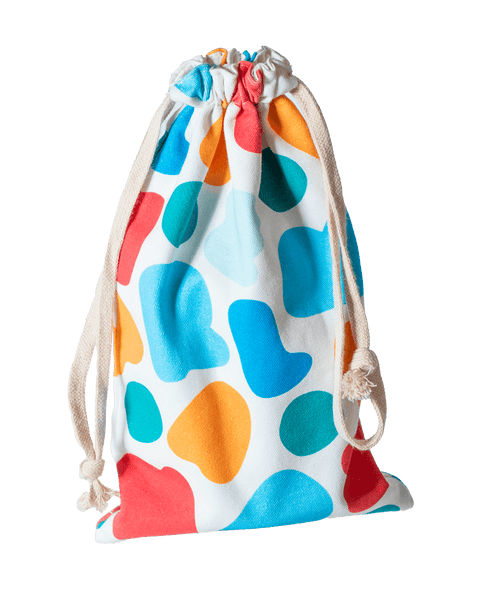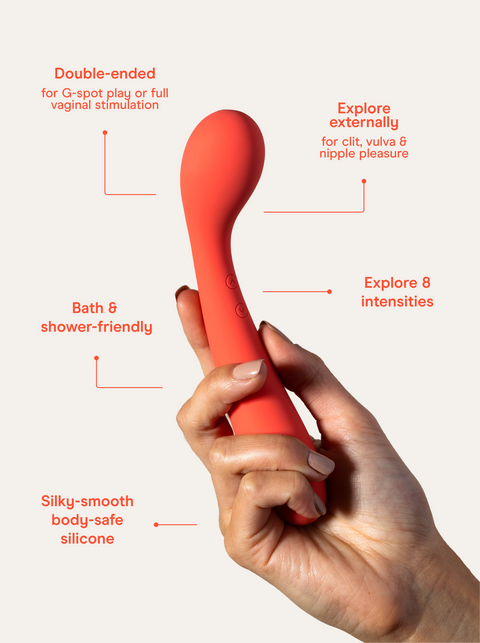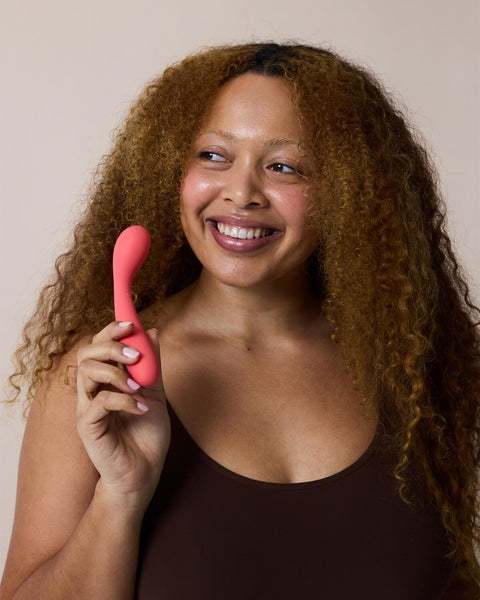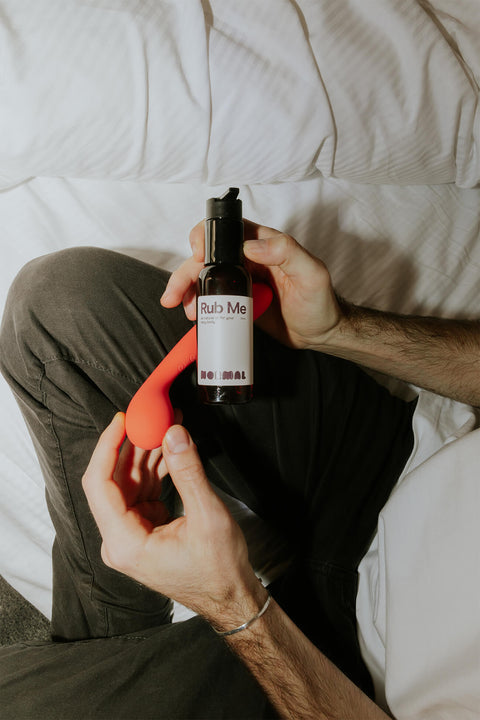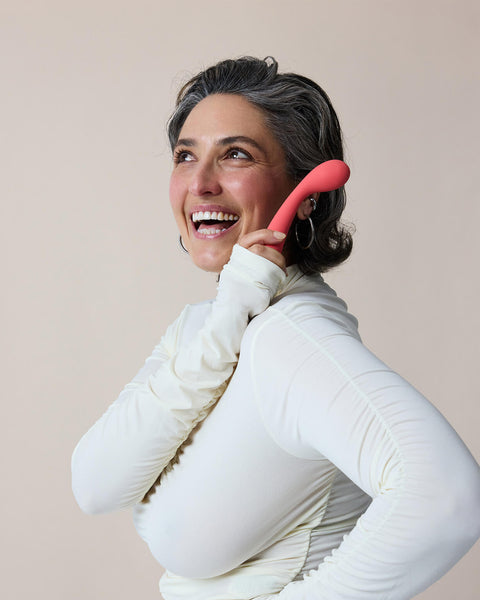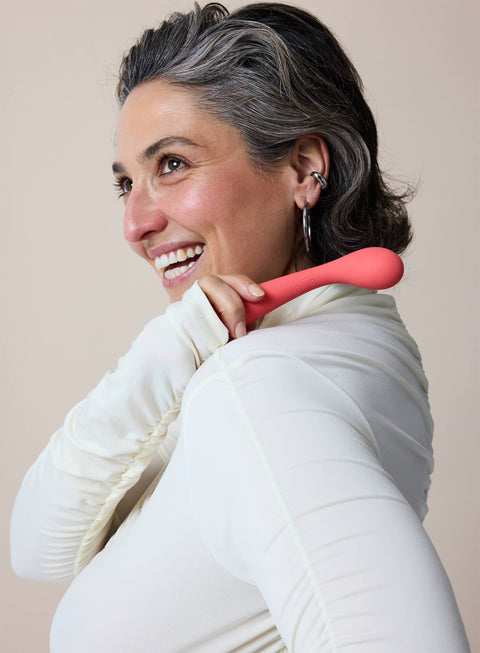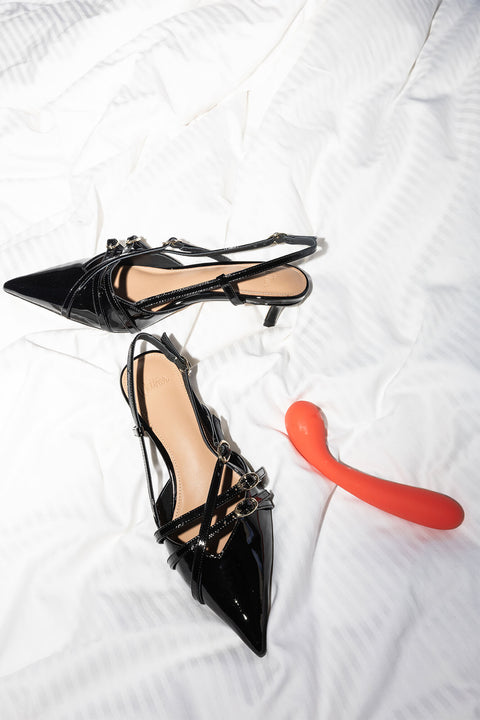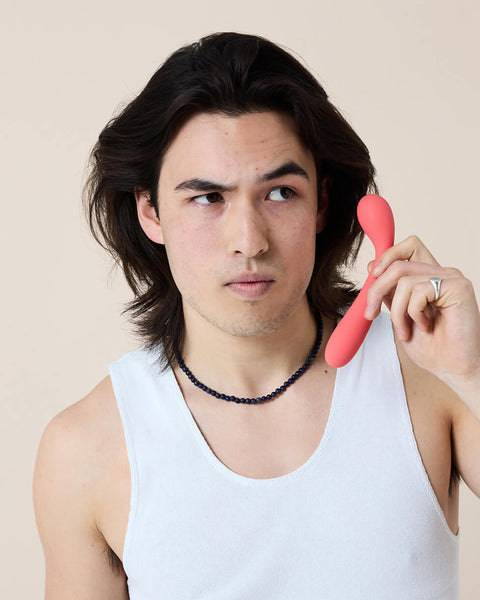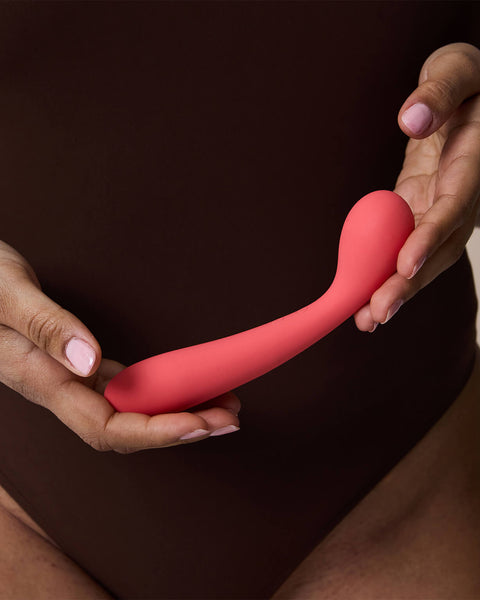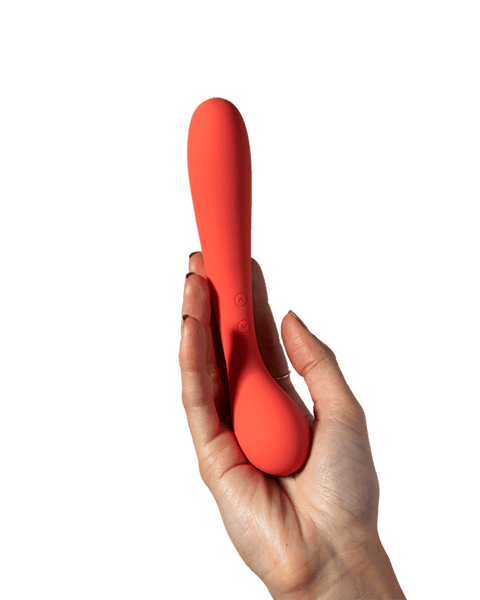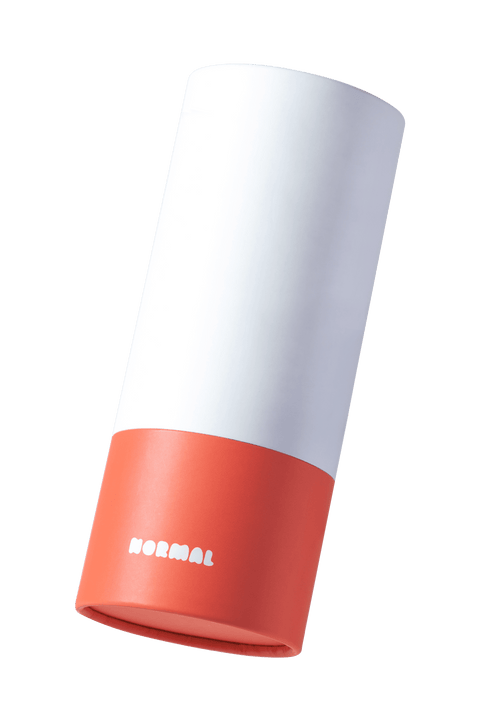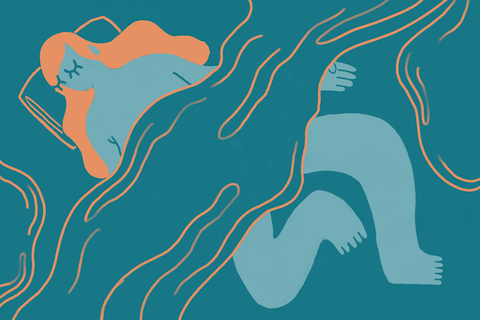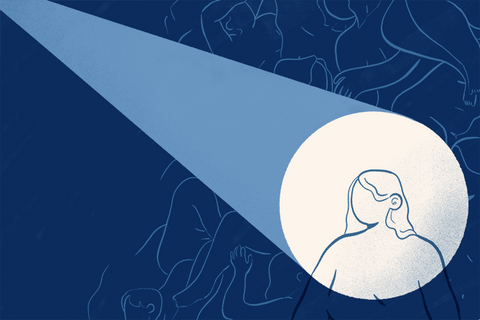This guide is part of the Body Confidence Course, a free video series where acclaimed sex coach Georgia Grace and psychologist Rashida Dungarwalla share the insights and exercises they use to help their clients build more body confidence every day.
‘Body confidence’ is an individual thing, and it will look and feel different for everyone. We definitely can’t tell you what it should look and feel like, because body confidence is something that we encourage you to define for yourself!
That having been said, there are a few common themes that we often see. Body confidence can look like:
- Feeling comfortable in your own body
- Having an awareness of your wants, needs, and desires
- Feeling comfortable communicating about, and advocating for, your body
- Feeling safe and grounded within yourself
- Feeling present and calm, and feeling that your nervous system is regulated (meaning that you can process and respond to information with ease)
- Being able to speak kindly to and about your body
- Feeling worthy regardless of how your body looks or behaves
For many people, body confidence is also a personal and ongoing process of feeling comfortable and safe in their body.
There are four primary aspects of body image that we also think are really helpful to consider when thinking about your own sense of body confidence. Body confidence really is a multidimensional construct!
- Perceptual body image. The way you see your body as your body. The way you perceive your body is not always a correct representation of how you actually look - it can be influenced by the other aspects of body confidence.
- Affective body image. The way you feel about your body. Feelings can include happiness, pride, shame and disgust, and are often summarised as the amount of satisfaction or dissatisfaction you feel about your shape, weight, and individual body parts.
- Cognitive body image. The way you think about your body. This can include preoccupation with body shape, appearance, size, and weight.
- Behavioural body image. The behaviours you engage in as a result of your body image. When a person is dissatisfied with the way they look, they may isolate themselves or engage in unhealthy behaviours as an attempt to change their appearance or distract themselves from the way they feel.
It’s common to experience negative thoughts around body confidence—in fact, we’d say almost everyone occasionally feels this way. So, where do these negative thoughts and feelings come from?
There are almost endless possibilities, but some common ones are:
- Social expectations around how the body should look
- Fatphobia—a societal stigma against people who have bodies larger than the ‘standard’ size
- Media, including social media
- Past experiences of trauma or abuse
- Low self-worth and low self-esteem
- A lack of visibility of body diversity
- Cultural ideals that encourage restrictive thoughts around food, movement, and the body
- Life experiences
- Not feeling connected to your body
- Not feeling equipped to communicate your desires
- Homophobia, transphobia, biphobia and acephobia - societal stigma, judgement and negative views on LGBTQIA+ community
- Other parts of your life impacting your thoughts and feelings about your body
We want to highlight the above issues in order to acknowledge that body confidence is about more than just your own feelings about yourself. Unfortunately we’re often made to feel completely responsible for, and in charge of, the way we feel about our bodies—and while we can influence our own feelings to a degree, we also exist within a world that deeply impacts the way we think and feel about our physical selves.
We all live within a world full of opinions, influences, assumptions, and stereotypes that focus on the body, and it’s difficult to completely ignore that. We believe that we should reflect and remind ourselves that there are influences on ourselves beyond just our own feelings and thoughts—it’s so important to acknowledge that it’s not all ‘just you’. We wanted to highlight this not to disempower you, but to acknowledge that there is so much more to body confidence than just your own feelings and thoughts.
What do Rashida and Georgia notice in-session?
Rashida: Our body confidence is connected with our overall identity. Our self-esteem, self-worth and how we view ourselves within the world and systems we live in.
Georgia: Our body confidence is directly related to our sexual experience. How comfortable we feel receiving, how deserving we feel of pleasure, how connected we are to our bodies.
As you can see, understanding body confidence is complex—but it’s a common topic that a lot of people care deeply about, us included. So with the basics in mind, let’s start working to build your body confidence.
If you found this helpful, you should consider exploring the whole course here, as well as subscribing to our email list below and following our Instagram @normalco.
